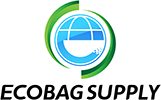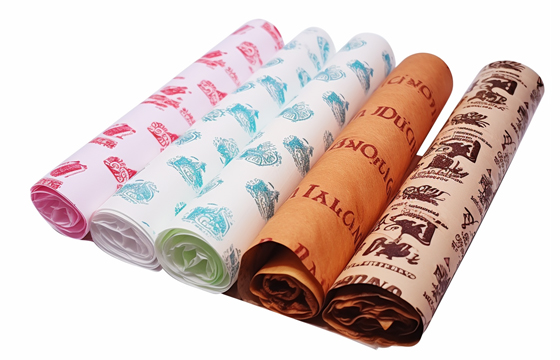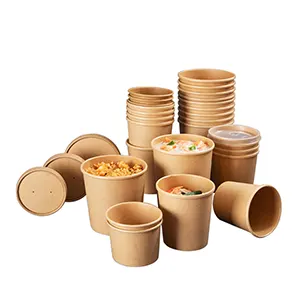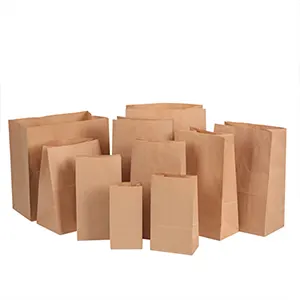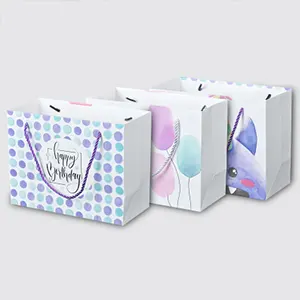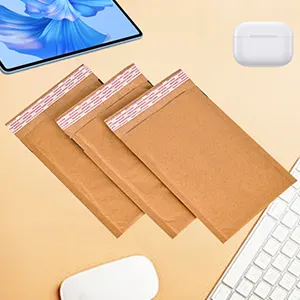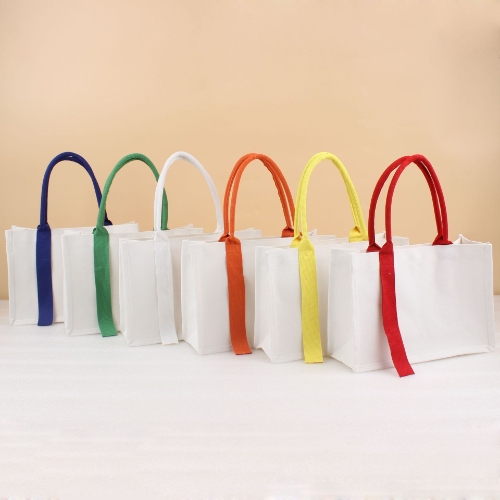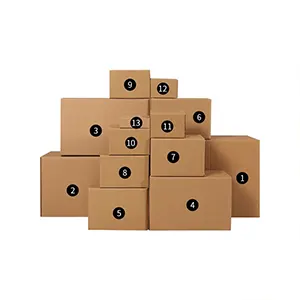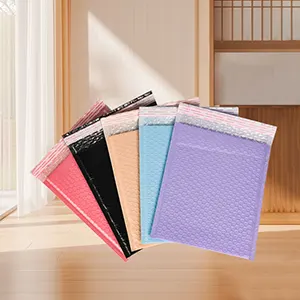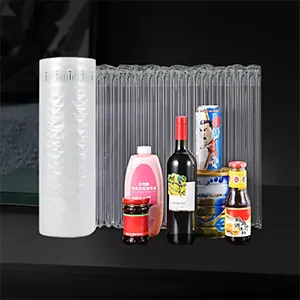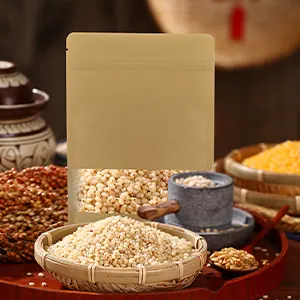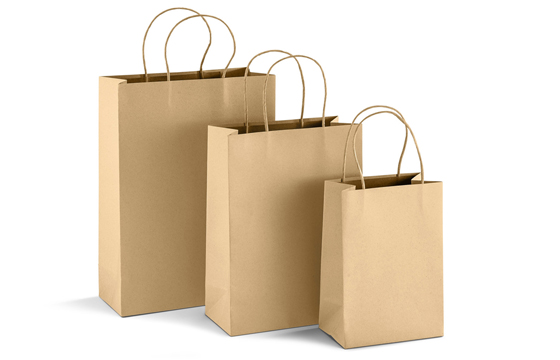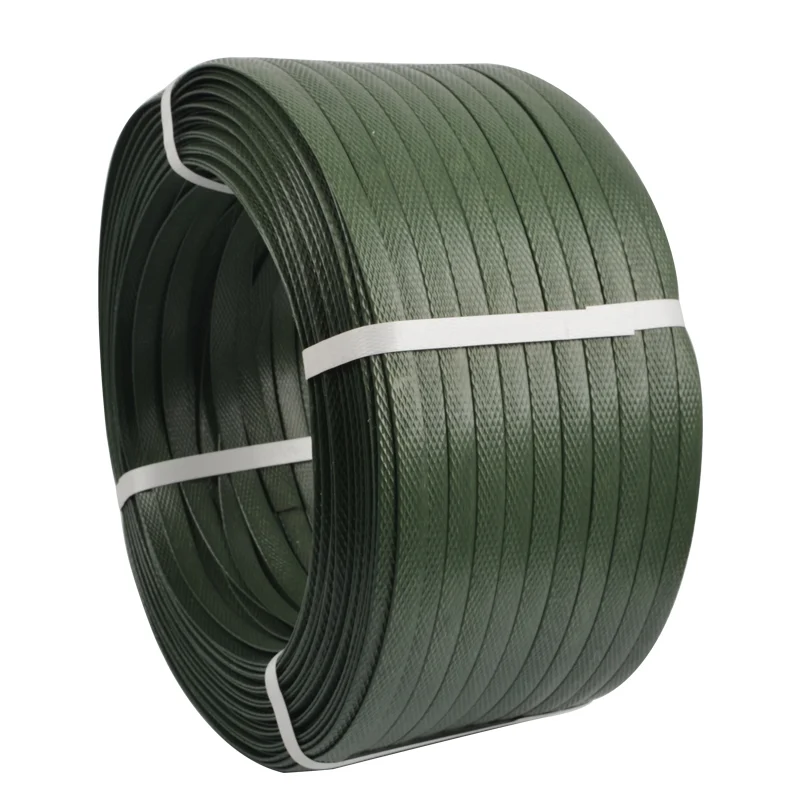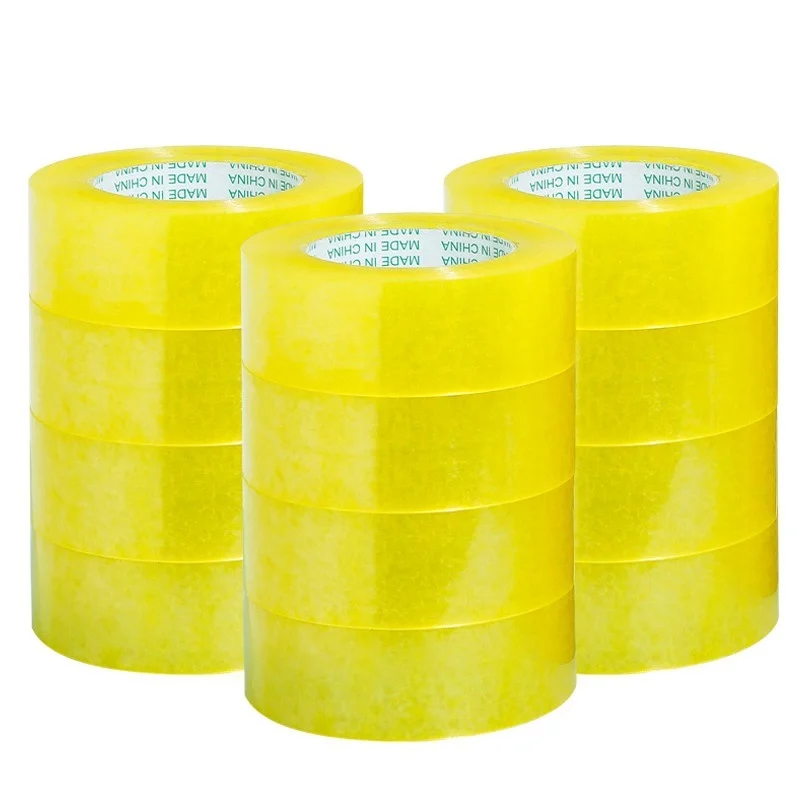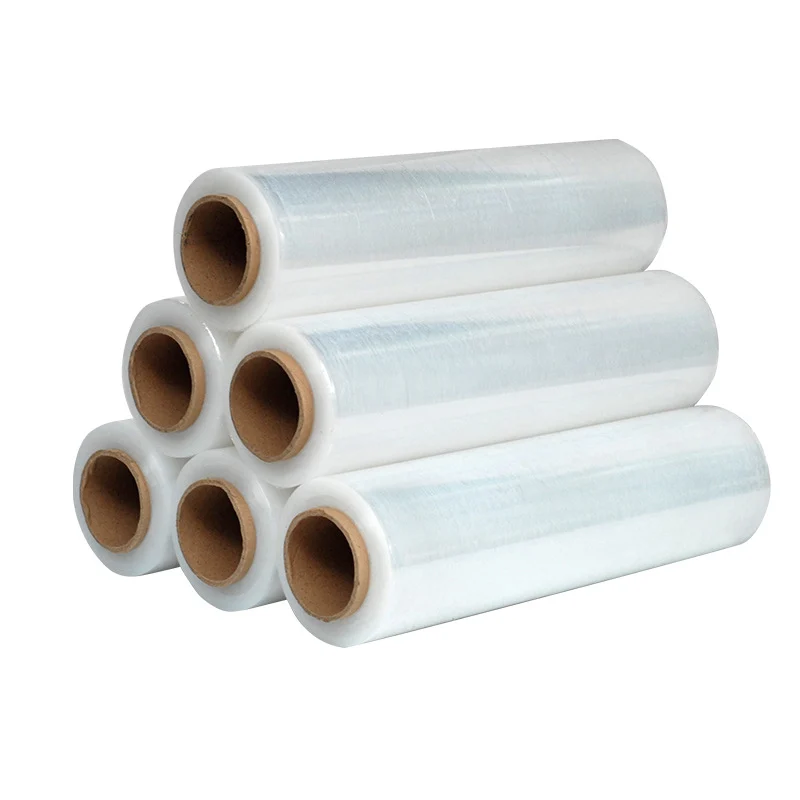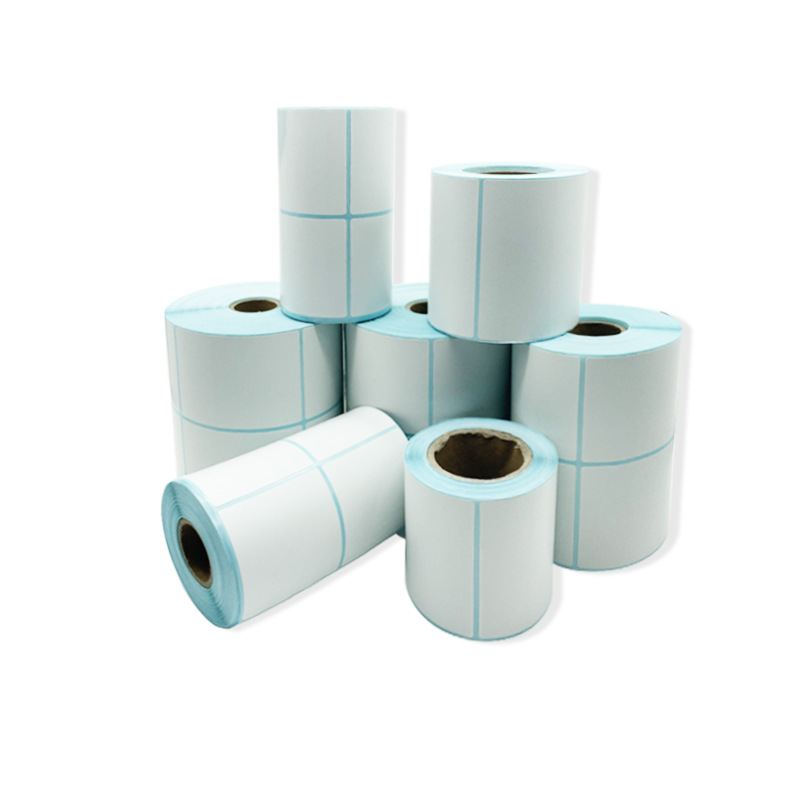Top-Rated Sustainable Packaging Bags | Eco-Friendly Solutions
Sustainable packaging bags are becoming a major trend as businesses and consumers move away from single-use plastics. Many brands are now creating eco-friendly alternatives that reduce waste, lower environmental impact, and promote sustainability. The demand for biodegradable, compostable, and recycled packaging bags is growing as more people become aware of the importance of reducing pollution.

As governments enforce stricter environmental regulations and consumers look for greener options, the market for sustainable packaging bags is expanding. Companies across various industries, including fashion, food, e-commerce, and retail, are choosing environmentally friendly packaging solutions. Some brands focus on recycled materials, while others use plant-based alternatives to create biodegradable and reusable packaging.
This article explores the top-rated sustainable packaging bags available today. It covers the benefits of switching to sustainable packaging, the best materials used in eco-friendly packaging bags, and the leading brands offering innovative packaging solutions.
Why Businesses Are Switching to Sustainable Packaging Bags
The increasing awareness of climate change and plastic pollution has led businesses to look for more eco-friendly packaging options. Many companies are switching to sustainable packaging bags for several reasons.
One of the biggest reasons is government regulations. Many countries have banned single-use plastic bags, forcing businesses to find alternatives. In Europe, North America, and parts of Asia, plastic bag bans are encouraging companies to use biodegradable, compostable, or recycled materials instead. These regulations are designed to reduce plastic waste in landfills and oceans.
Another major reason is consumer demand. More customers prefer products with sustainable packaging. A growing number of shoppers choose brands that use environmentally friendly materials, making sustainability a key factor in purchasing decisions. Businesses that adopt green packaging solutions can attract eco-conscious customers and build brand loyalty.
Sustainable packaging also helps businesses reduce their carbon footprint. Traditional plastic bags require fossil fuels to produce and take hundreds of years to decompose. In contrast, biodegradable and compostable bags break down naturally, reducing pollution and waste. Many companies see this as an opportunity to make a positive impact on the environment while enhancing their corporate social responsibility.
Finally, sustainable packaging can improve a company’s brand image. Businesses that prioritize eco-friendly packaging are often seen as responsible and forward-thinking. This positive reputation can help attract investors, partners, and customers who value environmental sustainability.
Types of Sustainable Packaging Bags
Sustainable packaging bags come in different materials and designs, each offering unique benefits. Some are fully compostable, while others focus on reusability or recyclability. Below are some of the most common types of eco-friendly packaging bags.
Recycled Paper Bags
Recycled paper bags are one of the most widely used sustainable packaging solutions. These bags are made from post-consumer waste paper and can be easily recycled again after use. Many businesses, especially in the retail and food industries, use recycled paper bags because they are biodegradable and reduce reliance on new paper production.
One advantage of recycled paper bags is their versatility. They come in different sizes and can be customized with brand logos and messages. Many companies print on these bags using eco-friendly inks, making them an attractive and sustainable option.
However, paper bags also have limitations. They are not as strong as plastic bags and may not be ideal for carrying heavy or wet items. Some companies address this by using reinforced paper or adding biodegradable coatings to improve durability.
Compostable and Biodegradable Bags
Compostable and biodegradable bags are designed to break down naturally without leaving harmful residues. These bags are often made from plant-based materials such as cornstarch, sugarcane, or jute. They provide an excellent alternative to plastic bags, especially for food packaging and shopping bags.
Compostable bags decompose in composting environments, turning into natural materials that enrich the soil. They are commonly used by restaurants, grocery stores, and packaging companies looking for sustainable solutions. Some businesses even offer home-compostable packaging, meaning customers can dispose of the bags in their compost bins at home.
Biodegradable bags, on the other hand, break down over time when exposed to natural elements like sunlight, oxygen, and moisture. While they take longer to degrade than compostable bags, they are still a better alternative to plastic bags that take centuries to decompose.
Reusable Fabric Bags
Reusable fabric bags are a popular choice for businesses and consumers looking for long-term sustainability. These bags are typically made from materials like organic cotton, jute, hemp, or recycled plastic fibers. Unlike disposable bags, fabric bags are designed for multiple uses and can last for years.
Grocery stores, clothing retailers, and brands often offer reusable fabric bags as a sustainable option. Many companies also customize them with their brand logos, creating a stylish and eco-friendly promotional tool. Fabric bags encourage customers to move away from disposable bags and adopt a more sustainable lifestyle.
While reusable fabric bags have many benefits, they require more resources to produce than paper or compostable bags. However, their durability and long lifespan make them a worthwhile investment for both businesses and consumers.
Recycled Plastic Bags
Recycled plastic bags are another sustainable option for businesses that still require plastic packaging. These bags are made from post-consumer plastic waste, helping to reduce landfill waste and promote recycling. Many brands use recycled plastic mailers for e-commerce shipping, as they are lightweight, durable, and water-resistant.
While recycled plastic is not biodegradable, it is a more responsible alternative to virgin plastic. By reusing existing plastic materials, businesses can help lower carbon emissions and minimize plastic pollution.
Top-Rated Sustainable Packaging Bags
Many companies have developed innovative and eco-friendly packaging solutions. Below are some of the top-rated sustainable packaging bags available today.
bananatex is a biodegradable fabric made from banana plant fibers. It provides a sustainable alternative to synthetic packaging materials and is used for bags and accessories.
the green garmento offers reusable garment bags designed to replace single-use plastic dry-cleaning bags. These multipurpose bags help reduce plastic waste in the fashion and laundry industries.
troubadour goods has introduced the orbis circular collection, a line of bags made entirely from recycled materials. The company focuses on eco-friendly waterproofing and responsible leather tanning techniques.
baggu produces reusable shopping bags made from recycled nylon. Their durable design allows them to carry heavy loads, making them a sustainable alternative to disposable plastic bags.
better packaging co has developed pollast!c, a packaging solution made from ocean-bound plastic. These mailers are designed to help clean up plastic pollution while providing an eco-friendly packaging option.
sonali bag is a biodegradable polymer bag made from jute-derived cellulose. Developed in Bangladesh, this innovation offers a plant-based alternative to plastic shopping bags.
The Future of Sustainable Packaging Bags
As demand for sustainable packaging increases, new innovations continue to emerge. Researchers are developing stronger, lighter, and more cost-effective materials that will make eco-friendly packaging even more practical for businesses.
One future trend is the development of waterproof and grease-resistant paper bags. Traditional paper bags struggle with moisture and oil, but new plant-based coatings are making them more durable for food packaging and shipping.
Another innovation is smart packaging technology. Some brands are incorporating QR codes and NFC chips into their packaging bags to provide customers with information on proper disposal and sustainability efforts. This technology can help consumers make informed choices about recycling and composting.
Governments are also expected to introduce stricter regulations on packaging materials. As plastic bans become more widespread, businesses will need to continue adopting sustainable alternatives. Companies that invest in eco-friendly packaging now will be ahead of the competition when new laws take effect.
Conclusion
Sustainable packaging bags are an important part of the movement toward reducing environmental waste. Businesses are recognizing the benefits of switching to eco-friendly alternatives, not only to comply with regulations but also to meet consumer demand.
From compostable and biodegradable bags to recycled and reusable options, there are many choices available for companies looking to go green. As technology and innovation continue to improve, the future of sustainable packaging bags looks promising.
By adopting these environmentally friendly packaging solutions, businesses can make a positive impact on the planet while building a stronger and more responsible brand.
JERL has been working hard on the road of custom packaging. Next time when you feel the need to impress someone with your brand, think of JERL Packaging!
